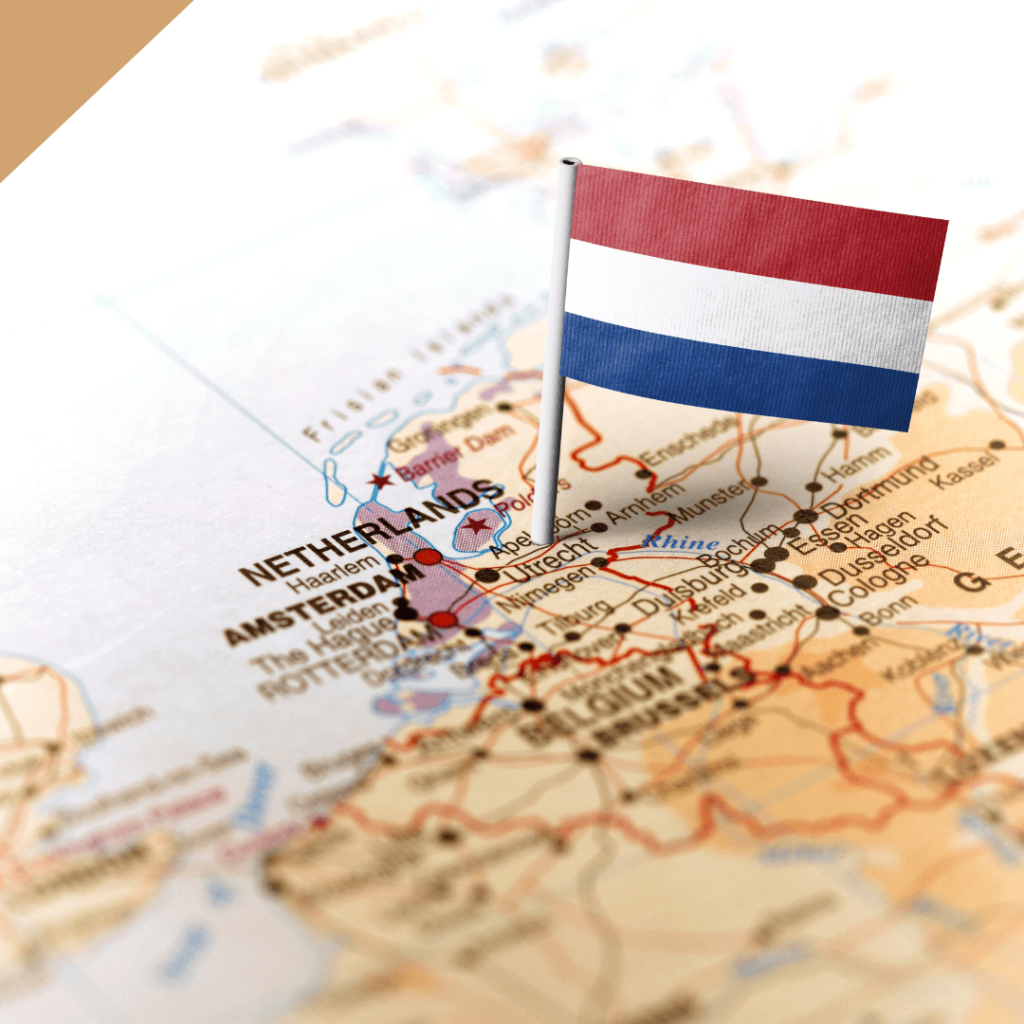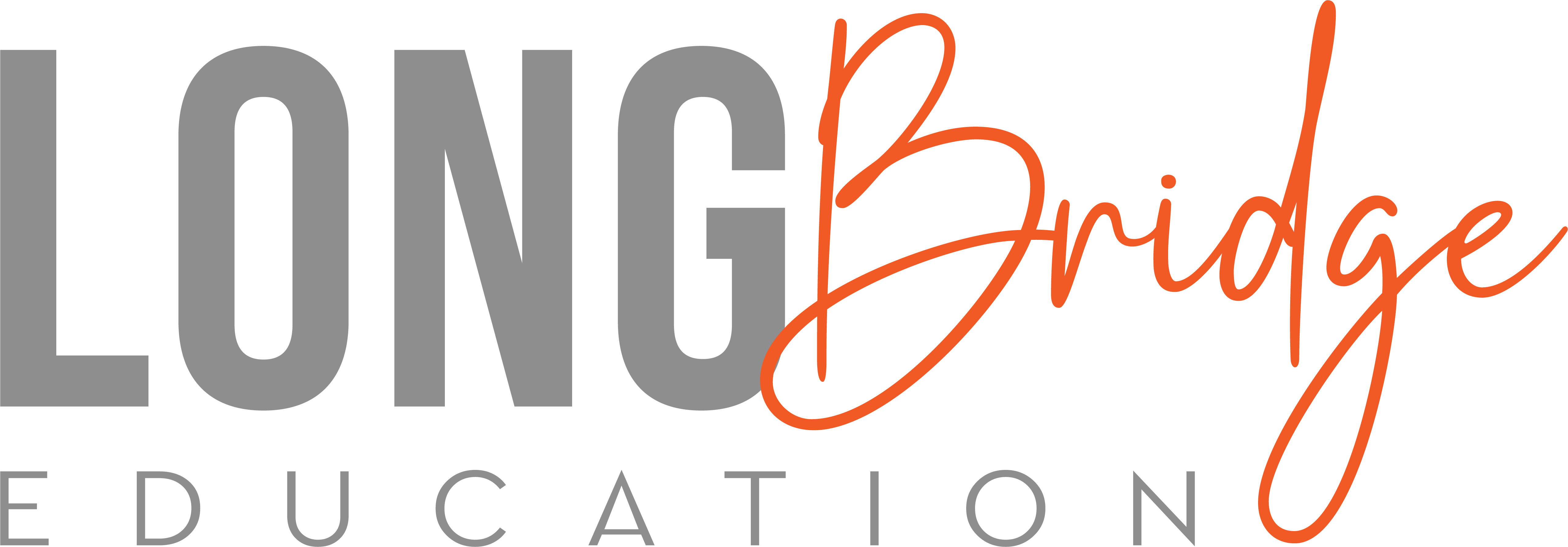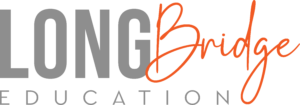Important Facts About Netherlands

Scholarships to help cover living costs.
Home to world-renowned businesses (Heineken, KLM, Shell, etc.).
Gateway to Europe for travel opportunities.
Over 90% of Dutch people speak English.
Globally recognized education system.
Why Study in the Netherlands?
The Netherlands is a popular study-abroad destination for international students, offering world-class education from universities ranked among the best. It boasts the second-highest proficiency in English in continental Europe and offers the largest number of English-taught programs in the region. Additionally, the Netherlands ranks highly in work-life balance and various other parameters, making it an ideal choice for students seeking quality education and a high standard of living.
- Surround yourself with students from over 157 countries.
- Learn about various cultures and adjust more easily.
- Coursework designed to meet current market expectations.
- Focus on practical learning and independent research.
Equips students for successful careers after graduation
- Ranked fifth on the World Happiness Report 2024.
- Focus on resident well-being through various initiatives.
- Dutch is the local language, but English, French, and German are also spoken.
- Learning a new language benefits future job prospects.
- Ideal location for exploring Europe safely and easily.
- Explore vast nightlife, historical places, and music culture.
Education System in the Netherlands
Higher education offered by research universities and universities of applied sciences.
- Research universities: 3 years, 180 credits
- Universities of applied sciences: 4 years, 240 credits
- Practical and interactive approach with internships or real-world projects.
- Research universities & universities of applied sciences: 1-2 years, 60-120 credits (depending on program)
- Options to specialize or prepare for higher education.
- Research universities: 4 years
- Advanced research under experienced faculty guidance.
Intakes in the Netherlands
The first intake usually starts in September. Most leading universities in the Netherlands offer maximum courses in this intake, which is why it is popular with international students. Let us look at the timeline for this intake.
The intake usually starts in February, and is less competitive than the Autumn intake. Note, not many universities have a spring intake. Let us look at the timeline for this intake.
Types of Educational Institute in the Netherlands
Offers research-oriented education (e.g., engineering, agriculture).
Offer degrees in common and specialized subjects (e.g., pedagogy, art).
Small institutes targeting foreigners with English-taught programs.
Attached to universities, offer degrees in general subject areas.
Top Courses to pursue in the Netherlands for Indian Students
- All courses designed to develop relevant skills and knowledge for the job market.
- Courses are regularly updated and undergo quality checks.
- Focus on challenging students and encouraging innovation.
- Opportunity to customize course selection based on academic interests.
(e.g., Construction Management, Mechanical Engineering)
(e.g., Finance, Banking and Finance)
(e.g., Information Technology, Data Science)
(e.g., MBBS, Nursing)
(e.g., Teacher Education)
Admission Process to Study in the Netherlands for Indian Students
Make a list of study programs and institutes you would like to pursue your course.
Check the individual websites of these institutes to check the application process and deadline. Many numerus fixus programs follow an application deadline of January 15 and other programs follow a deadline of May 1.
Universities receive a large number of applications from international students for some popular bachelor’s programs, which may get overwhelming at times. So, to avoid overcrowding, many leading universities fix a certain number of admissions quotas known as numerus fixus.
A student can submit a maximum of two applications for a particular degree program at two different universities. Many programs such as dentistry, medicine, physiotherapy, and dental hygiene would accept only one application. It means, a student can only submit one application for physiotherapy or dentistry at one university and cannot apply to a second university.
Arrange all required documents needed for the application. Most universities require you to submit mark sheets, a portfolio of previous work experience, a letter of motivation, a recommendation letter, and so on.
Apply through Studelink portal. This is the official application portal for programs at higher education institutes in the Netherlands. It allows you to apply for a maximum of four courses at a time. However, some institutes may use a different portal or their individual websites. So, before applying you need to check on the university or institute website whether you need to apply through the Studelink portal or their own website.
You have to wait for several weeks before the application is accepted. If you receive an offer, you have to accept it within two weeks and pay the tuition fee through Studelink. If you do not accept the offer within two weeks, the place will be automatically assigned to another student.
Types of Student Visa's in the Netherlands
This VISA is a comprehensive student VISA designed for individuals pursuing graduate and postgraduate programs in the Netherlands, serving as both a student VISA and a residence permit, allowing students to reside in the country for a period of up to five years.
This VISA is specifically designed for individuals planning to enroll in short-term courses, including language courses for learning Dutch, which typically have a duration of three months or 90 days
This VISA allows students to study across EFTA/EU countries without the need for separate visas for each country, promoting seamless mobility and exchange within the European higher education system.
This VISA for secondary and vocational courses is specifically tailored for students who are aiming to pursue secondary education or vocational programs in the country.

